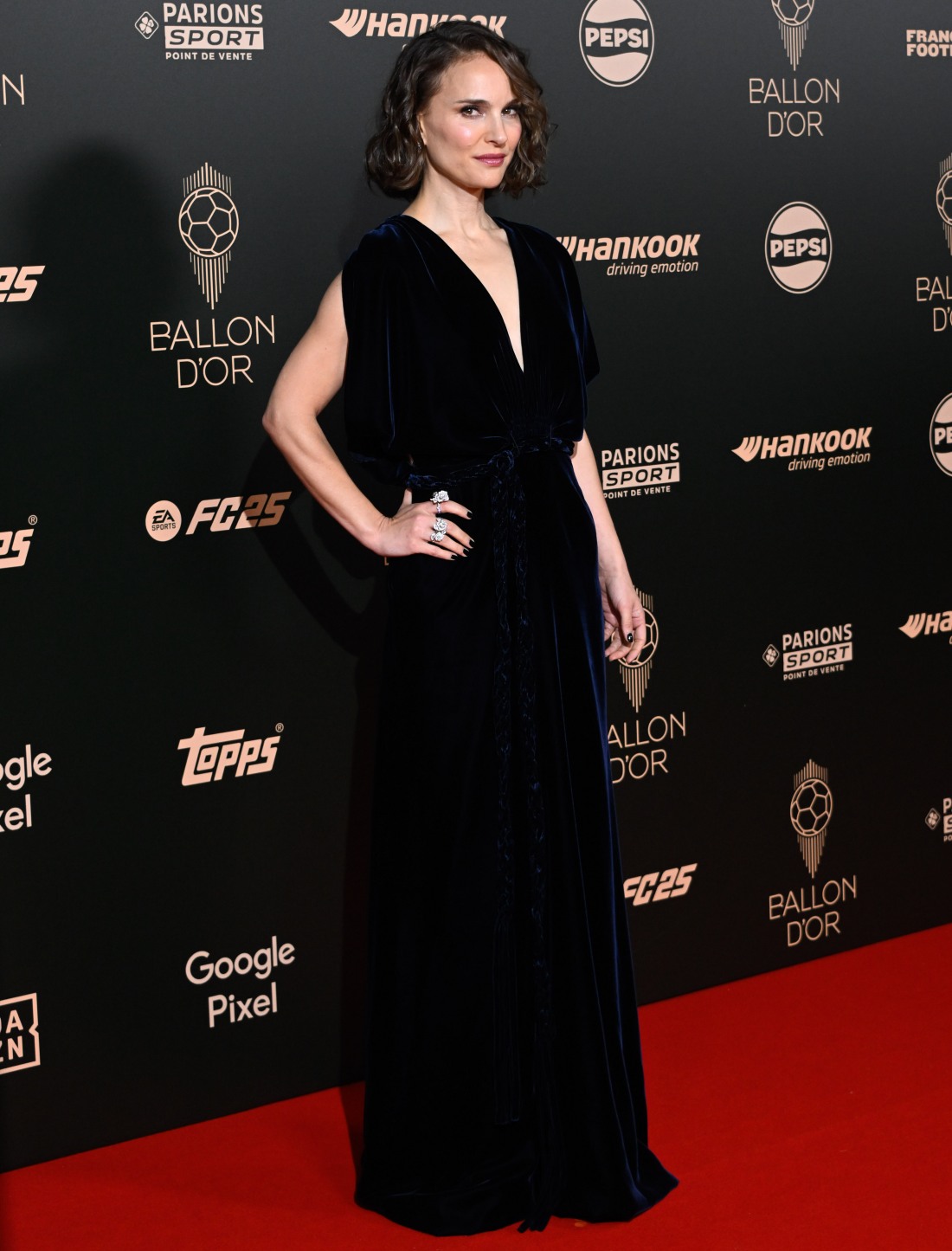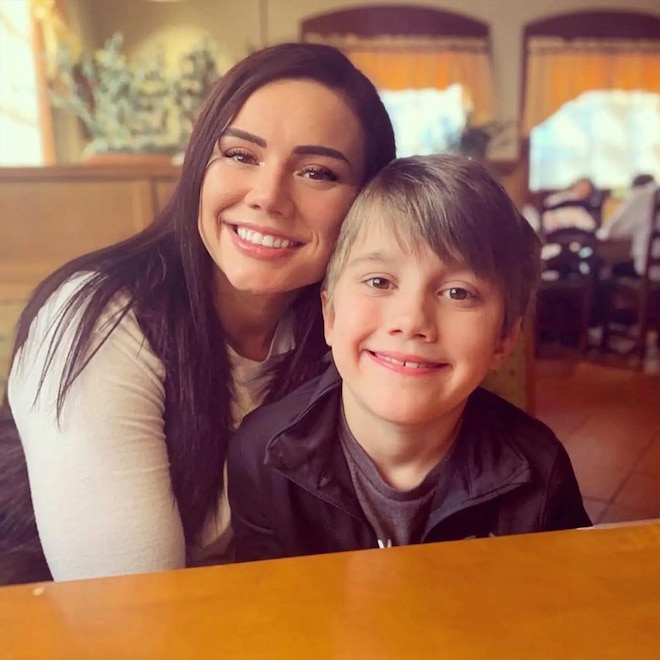Natalie Portman has a “cover interview” in net-a-porter’s in-house magazine, all to promote her role in Guy Ritchie’s Fountain of Youth. Portman hasn’t given many print interviews since her divorce from Benjamin Millepied, and while she doesn’t directly address the collapse of her marriage, she does make some subtle references. Like, she’s still living in Paris most of the time and she plans to maintain a home there, I would assume because Benjamin works in Paris almost exclusively now and they coparent their kids. A big chunk of her interview is about how much she enjoys living in Paris too, and how it’s better for her. Some highlights:
Why she loves Paris: “Even when it’s cold and gray, there’s always some incredible exhibit or concert or dinner party or writers in town; something fascinating and stimulating happening… and the frequent vacations are so clutch!”
She doesn’t buy into the typecasting of Parisians as rude. “I find the people here are actually incredibly friendly – you just have to know how to interact, so that we’re not the ones being rude. Now, when I go back to the US, I’m like, oh, I would go into a store and not say hello to everyone there? It’s weird.”
She admires the French attitude to child-rearing. “All the kids that come to my house are, like, ‘bonjour Madame’ – and give me the bise [cheek-to-cheek kiss]. And before they leave, they are, like, ‘thank you for having me’ – and if I’m not nearby, they’ll come and find me to say it.”
Cultural differences: “I think we have an assumption that western cultures are all the same – and kind of evened out by all this pop culture that everyone consumes. It’s not true: it’s extremely specific here; and the culture is very different in both deep and surface ways.”
Working with Julianne Moore in May-December: “Julie and I had a beautiful, non-dramatic shoot; it’s so nice when your heroes live up to everything that you dream about them.”
Being a child actor: “Listen, I had a really lucky trajectory. I do feel like working as a child was an amazing experience for me – and I was very lucky that I was not harmed. [But] so many kids are harmed. And there are aspects of being publicly known and publicly seen as a kid… that turn you into an adult in a certain way. You become a woman in people’s eyes when you’re on screen.”
Whether #MeToo has made changes to Hollywood: “Yeah, it’s changing but it’s a process… You know, things don’t change overnight, and there’s a backlash, there’s regression, all sorts of things. If anything, our current political moment shows us progress is not a straight line.”
It’s easier to be famous in Paris: “They’re very good at privacy here. I feel like the biggest compliment is ‘elle est très discrète’ [‘she is very discreet’].”
Take a nap if you need it: “My cousin and I always say that Ali Wong quote back to each other: ‘I don’t wanna lean in, I wanna lie down!’ You gotta lie down, you gotta take away everything you don’t have to do and then do nice things for yourself. Whether that means taking a nap – like, literally – or whatever it is. So much of being a woman who’s trying to do it all is just being tired and overwhelmed and not having any time to yourself. So, you have to demand it for yourself – and you have to give it to yourself. If you’re too bent on being a perfect mom, being the perfect wife, being the perfect friend, perfect at your job, you’re going to crumble. Like, the number one thing about being a successful, happy, doing-it-all woman is being pretty cool with… ‘I suck at everything’.”
“You just have to know how to interact, so that we’re not the ones being rude. Now, when I go back to the US, I’m like, oh, I would go into a store and not say hello to everyone there? It’s weird.” Remember that Oprah story from 2013? She said (and I believed her) that a fancy boutique in Switzerland refused to serve her, and that story became part of a larger conversation about how Americans interact with Europeans, especially in shops. Remember that Oprah story from 2013? She said (and I believed her) that a fancy boutique in Switzerland refused to serve her, and that story became part of a larger conversation about how Americans interact with Europeans, especially in shops. I mean, there were several conversations, but I remember the one about “the customer is not always right in Europe”.




















 Bengali (Bangladesh) ·
Bengali (Bangladesh) ·  English (United States) ·
English (United States) ·